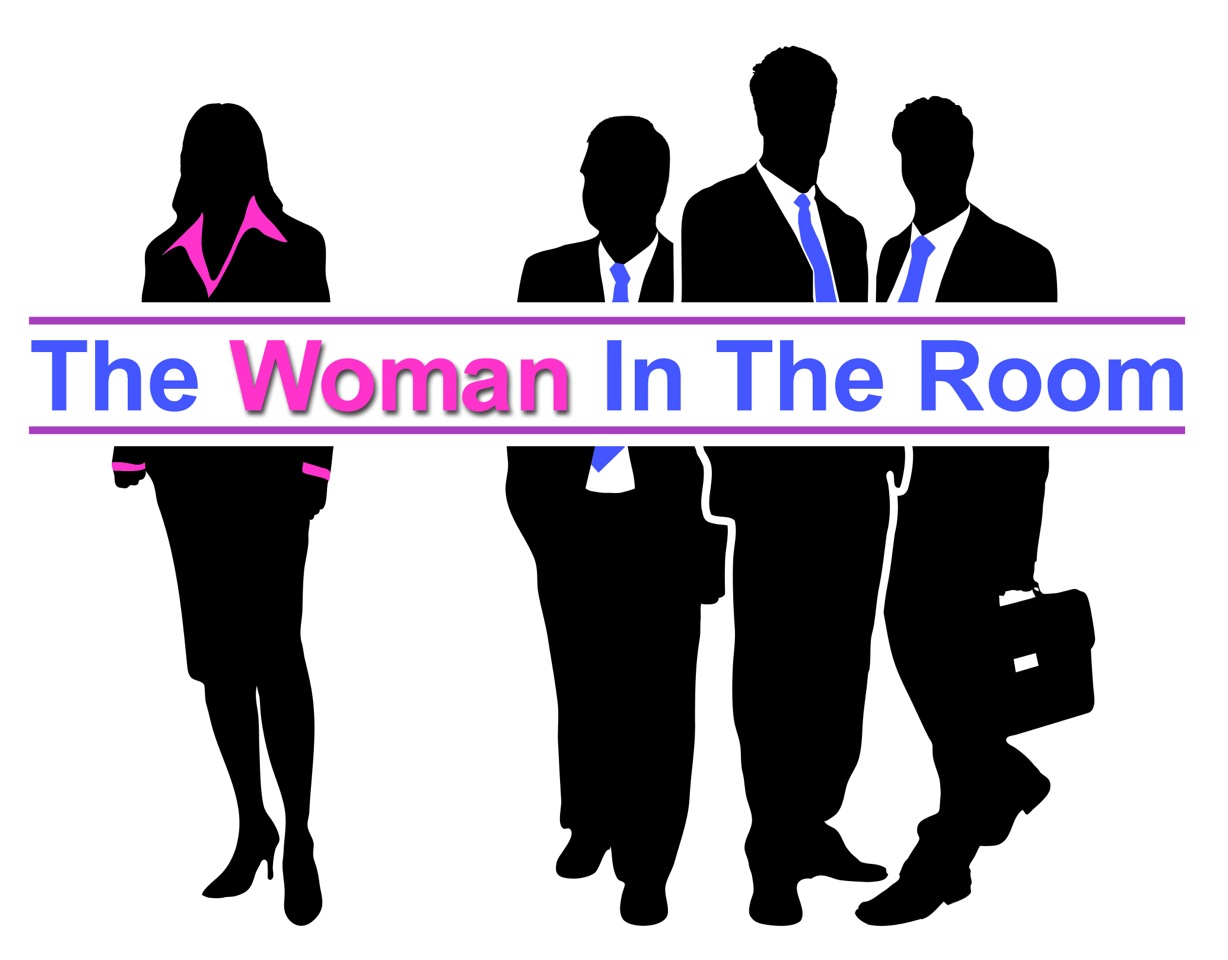
www.123rf.com – 15216448
My first boss died of a heart attack 4 months after I began working.
A year later a male co-worker died of complications following quadruple by-pass surgery.
Six months later a man I frequently worked out with died of a massive heart attack following a run.
One month later, a male co-worker standing 20 feet from me, dropped dead of a massive stroke.
I went to retirement parties and then attended funerals where we sadly sighed, “He never got to enjoy his golden years.”
Many of my male colleagues were alcoholics. It was common to be warned, “Don’t light a match near him today.”
I lost track of how many male colleagues suffered breakdowns from stress. And how many times I wondered if any of my male colleagues would show up for work because they were too stressed-out. Or how many times I heard, “He will be out for a while – don’t know how long yet.”
Heart attacks, high blood pressure, strokes, alcoholism, diabetes, high cholesterol, depression, chain smoking and drug addiction are what I think of when I hear the term “Toxic Male Workplace.”
There absolutely was something “toxic” about the male-dominated workplace that impacted my male colleagues’ health.
These health issues were compounded by the health issues resulting from the safety hazards and work conditions my male colleagues dealt with every day.
Cancer from working around hazardous materials. Cancer from excessive sun exposure. Hearing loss from working around machinery and equipment. Bad backs, knees, hands and hips from repetitive motions and physical work. Arthritis and continuous pain from soft tissue injuries.
Many of the men I worked with “in the office” were there because they suffered an injury and could no longer do the same work.
Somewhere along the way I stopped counting how many men were killed in car accidents as they traveled to work locations.
Nine of my male colleagues were injured in a propane tank explosion, two critically. One never returned to work.
One morning I went to work only to hear that a male colleague was electrocuted during the night while responding to an emergency call.
In one workplace we began the new year with a man being killed at 8:15 in the morning. It wasn’t a Happy New Year.
I can tell lots of gruesome stories of injuries.
So when I hear the term “male privilege” this is what I think of – the privilege to do the hazardous and potentially life-altering jobs that few women do.
Working alongside men, doing the same work as men, I don’t ever recall being jealous of my male colleagues or thinking they had it so much better than me. I do however recall thinking many times that I was lucky to be a woman.
I felt lucky that so much of the pressure my male colleagues felt on a daily basis to get ahead, to provide financially for their family and to get the job done didn’t apply to me the same way it did them. While those things were important to me, especially as a single mother, they didn’t impact my identity, my sense of self or how I perceived my value as much as it did them.
I also felt fortunate that I had the power to change my workplaces in ways men could not.
I lived through the male-dominated workplace’s self-improvement gyrations with its long line of initiatives, programs and technology to change and function better. They all fell short of expectations and most faded away into obscurity.
However, the initiative I introduced made a profound impact.
I encouraged myself and the women I worked with to assert our female traits – our way of thinking and acting.
As women (working in any role), we are well aware of the problems within the male-dominated workplace. However, we don’t realize that the power to correct those problems lies within us – not men.
It all begins by exercising our empathy.
We know why “things go wrong” and why our male colleagues get frustrated and stressed out. We have lots of ideas and even know how to fix and prevent some of the problems. However, we remain silent or we talk among ourselves believing we can’t make a difference.
We need to put our empathy into action by speaking up and saying “Do it this way.”
And we can’t be deterred when they don’t get it or don’t listen. We simply say, “Do you want your problem to go away or not?”
It takes just one time of us fixing a problem to the get the wheels turning.
We assert ourselves more, “I can tell you how to fix that problem too.”
Men start listening. Then they start thinking, “Maybe I should ask her about this other problem too.”
Before you know it there is communication, collaboration and coordination. Bigger and bigger problems are getting solved. More problems are prevented. Performance improves.
Better yet, stress and frustration are reduced. The workplace is happier. It is no longer toxic.
Women finally realize there is female privilege too. It is the power to create a healthier and more productive workplace.
 Learn more about the power of women in the workplace!
Learn more about the power of women in the workplace!
Sign up to receive more articles.
Get my book: How I Realized the Unique Value of Women in the Workplace
Follow The Woman In The Room on Facebook
